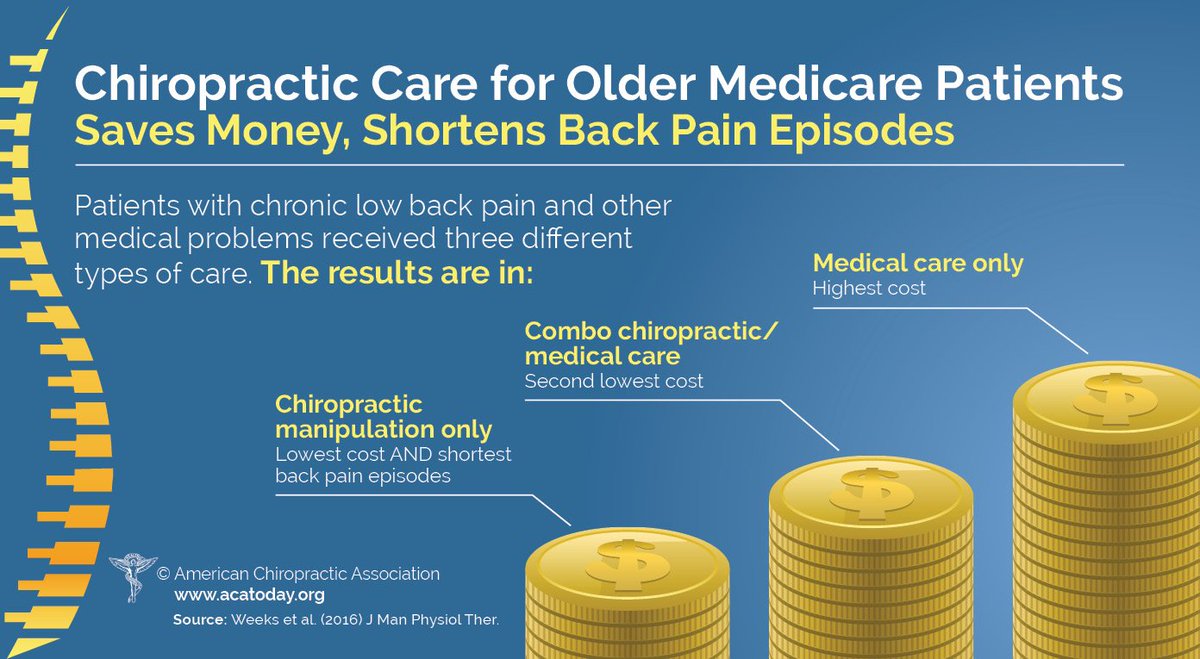Back Pain As An Indication Of Health: Common Problems And Their Signs And Symptoms Clarified
Back Pain As An Indication Of Health: Common Problems And Their Signs And Symptoms Clarified
Blog Article
Web Content Author-Keller Greenwood
If you're experiencing back pain, your body might be trying to tell you something greater than just discomfort. The way your back feels can offer useful hints regarding your total wellness. Understanding the specific kind of discomfort you're really feeling and any kind of coming with signs and symptoms is key to untangling the enigma behind your discomfort. Allow's discover the usual conditions and symptoms associated with different sorts of back pain to shed light on what your body might be signaling.
Types of Neck And Back Pain
When it comes to pain in the back, there are numerous kinds that you may experience. One usual kind is muscle pain, commonly brought on by overuse, pressure, or injury to the muscles and tendons sustaining the spinal column. This kind of pain can range from moderate discomfort to severe and debilitating discomfort.
An additional type is nerve discomfort, which can result from conditions like herniated discs or sciatica. Nerve pain often provides as a sharp, shooting feeling that radiates down the leg.
Joint pain in the back can come from issues like arthritis or sacroiliac joint disorder. This type of discomfort is usually felt in the reduced back and can be intensified by particular activities.
Additionally, neck and back pain can be associated with structural troubles such as spine stenosis or vertebral cracks. Recognizing the type of pain in the back you're experiencing is vital in establishing the appropriate treatment and management techniques.
Common Symptoms to Look For
Moving past the different types of back pain, it is necessary to acknowledge the common signs that can indicate underlying concerns.
Relentless back pain that worsens with activity or in the evening might suggest a much more severe issue. Feeling numb or tingling in the legs or feet, specifically when accompanied by weak point, may point to a nerve-related concern. If back pain doctor in nyc experience sudden weight reduction along with back pain, it could be a sign of a more systemic problem.
Pay attention to any kind of changes in bladder or bowel feature, as this could be connected to spinal cord compression. High temperature, cools, or night sweats in conjunction with back pain may indicate an infection. Watch out for https://chiropracticandwellnesscl40628.newsbloger.com/31773683/recommendations-on-choosing-the-right-chiropractic-specialist-for-your-requirements that radiates down one or both legs, potentially a sign of sciatic nerve pain.
Health Issues Linked to Back Pain
If you deal with neck and back pain, it's crucial to understand the prospective wellness problems linked to this discomfort. Neck and back pain can be a sign of numerous underlying issues, consisting of muscle mass strains, herniated discs, osteoarthritis, back constriction, and also conditions like kidney stones or infections.
Muscle strains are common and often result from lifting hefty things or abrupt movements.
Herniated discs happen when the soft tissue in between vertebrae protrudes, causing nerve irritability.
Osteoarthritis, a degenerative joint condition, can lead to back pain as cartilage material wears down.
Back constriction, the narrowing of the spine canal, can put pressure on nerves.
Kidney stones may trigger extreme pain in the back if they relocate into the urinary tract.
Infections like spine osteomyelitis can likewise show up as neck and back pain. Comprehending these potential health problems can help you look for proper medical care and management for your pain in the back.
Final thought
So, following time your back harms, pay attention to the kind of discomfort and coming with signs and symptoms. It could be a signal from your body regarding underlying wellness conditions like muscular tissue stress, nerve problems, joint problems, or even architectural issues. By recognizing these signs, you can take proactive actions to deal with the root cause of your pain in the back and improve your general health and wellness.
